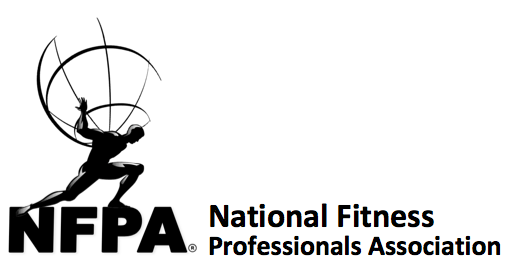Training Prices
Training Prices
NFPA Sport Performance Training offers and provides a focused program design for individual sports performance training, seminars for coaches, small group training, and team sports training. At NFPA we are not just Performance Trainers, but the educators and certifying agency to the Performance Trainer.
Sports Performance Services Include:
- Movement Screening
- Strength & Performance Testing
- Off-Season / Pre-Season / In-Season
- Power
- Strength
- Conditioning
- Speed
- Agility
- Balance & Coordination
- Flexibility
With the continued increase in competition levels of today’s athlete, a properly designed strength program is not only essential for the athlete to compete and succeed, but a vital part of reducing the risk of injury risk to an athlete. A study by the American Orthopedic Society for Sports Medicine cited a significantly higher number of lower leg injuries for those athletes not participating in a properly designed strength program.
Athletes also commonly sustain ACL injuries. Approximately 60% of these injuries occur from change of direction with non-contact as a result of poor biomechanics. The first aspect of performance training for the athlete is addressing all biomechanical and physiological needs that may eventually lead to injury. Technique needs to be introduced for all movements and must be mastered before adding any type of external resistance.
With a true understanding of biomechanics and physiology of specific sports, we are able to improve the mobility and movement patterns of the athletes. The initial focus is not on how much the athlete can squat, or how high they can jump if they never learn how to safely and effectively squat, jump and land. How gifted and talented an athlete is becomes irrelevant if they are injured because they never learned or practiced the proper technique while training. Athletes who do not address functional limitations or imbalances will never reach their full potential, have increased risk of injury, and are more likely to reach a training plateau before achieving his/her desired results.
Just as the outcome of sports competition is unpredictable, so, to is the nature of movements in each game, match, or event. Consequently, a training program needs to be designed that prepares the athlete for the unpredictability of each sport, by:
Properly addressing imbalances or other kinetic chain dysfunctions that may occur (detected in a comprehensive evaluation and assessment), Properly addressing weaknesses,Systematically training the athlete towards a goal, and Training the athlete in multiple planes of movement, at varying speeds, and using multiple muscle actions (contractions).
Failure to address any of these areas in a program will result in improper or POOR preparation, which increases the athlete's risk of injury.
